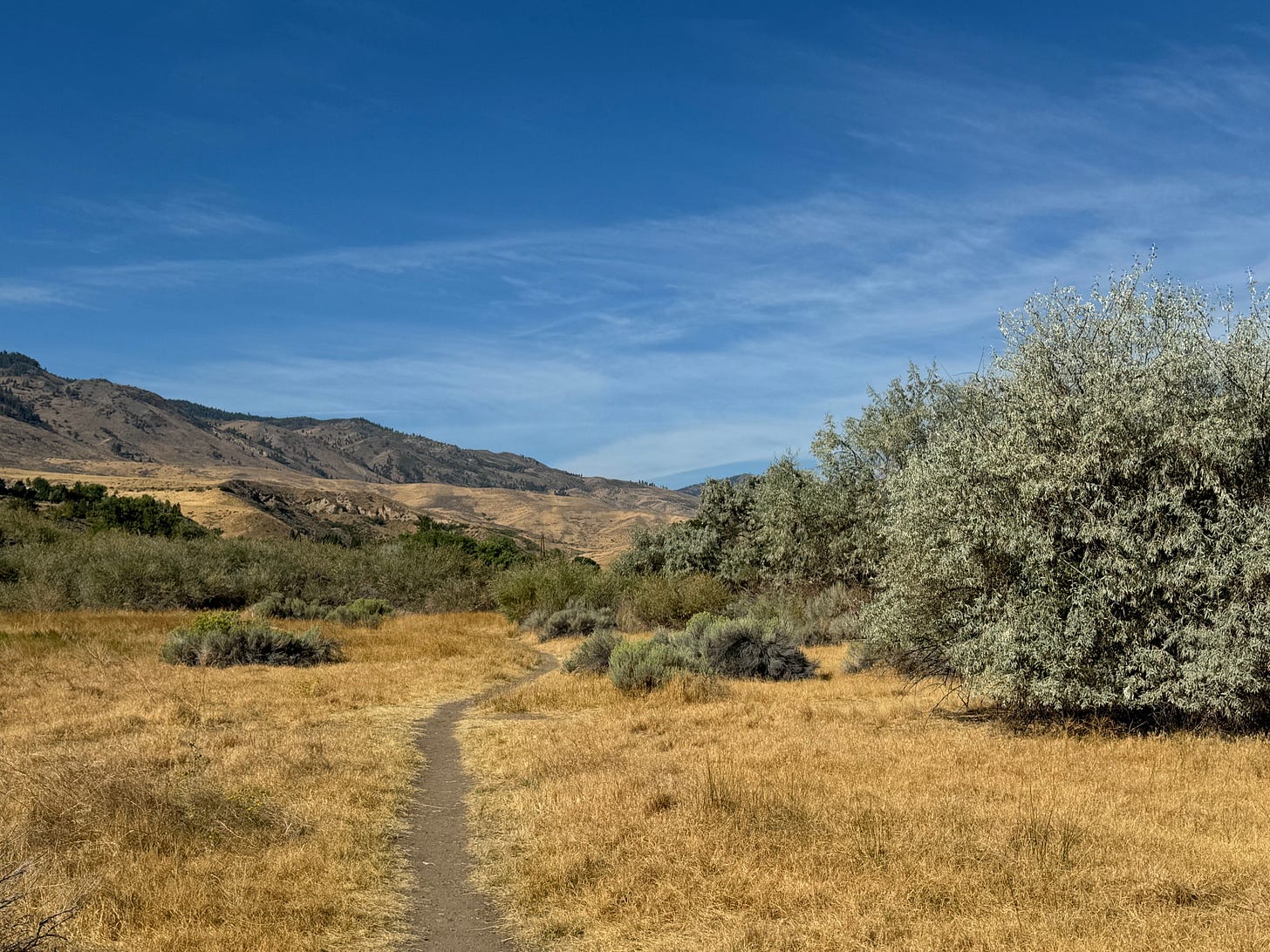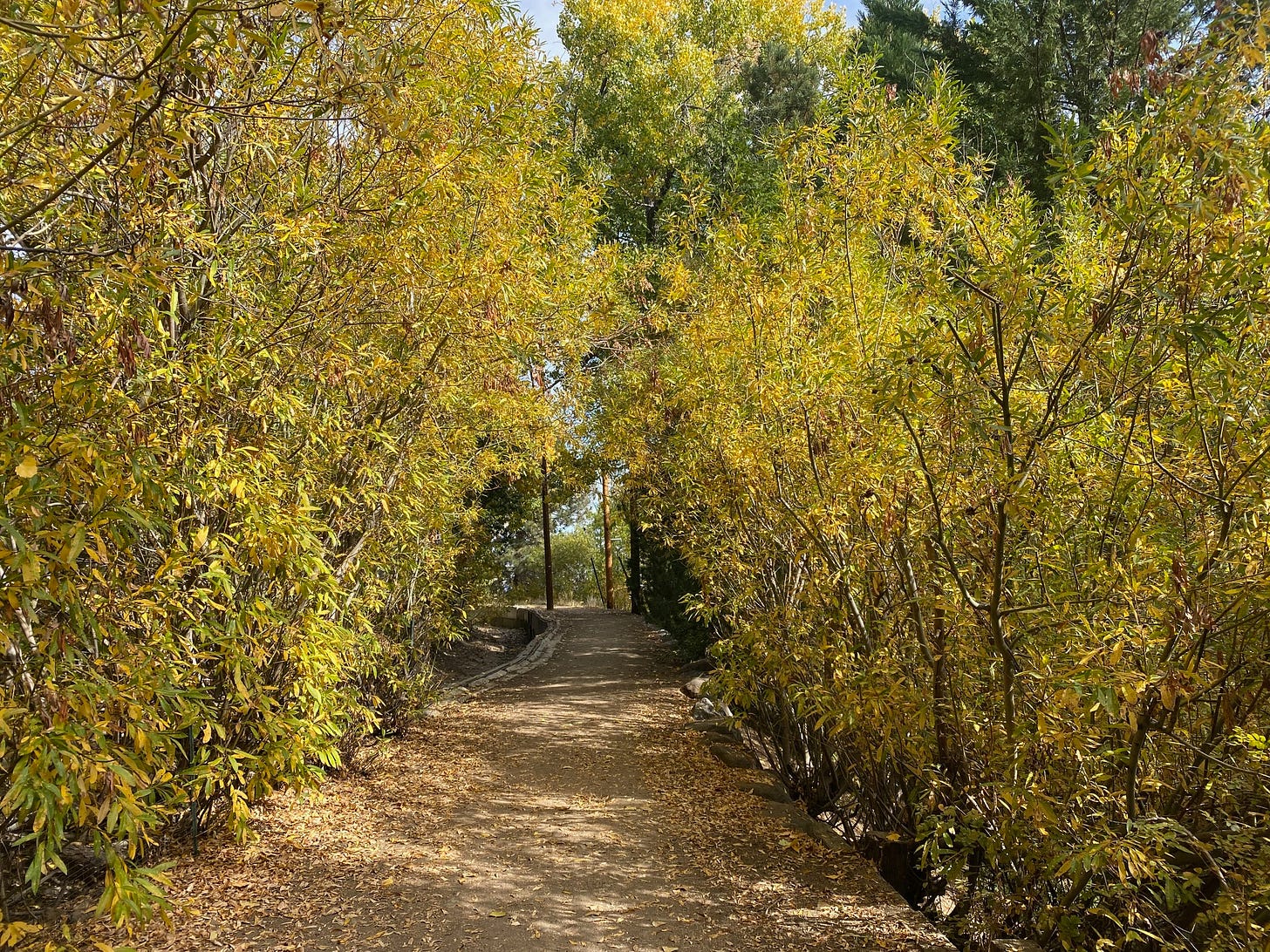Because I wouldn’t have seen this, done this, felt this, met this person. I’ve said some variation of this to myself any number of times. Despite the revelation of those moments, though, I sometimes find myself facing the urge again. For someone who has issues with impulsivity, this is even more precarious.
My friend and fellow writer Mesa Fama has been far more open about her struggle with this in her writings. As has writer Matt Haig, who survived an unsuccessful suicide attempt and later used the subject in several of his books. Many other famous writers did not survive: Hemingway, Sylvia Plath, Virginia Woolf, David Foster Wallace, Anne Sexton, Hunter S. Thompson, John Kennedy Toole. You can add the names of many other kinds of artists to this list, from Vincent Van Gogh to Kurt Cobain to Anthony Bourdain.
It would be easy to paint the tendency, or at least the ideation, as something that artists suffer from more than other people. I don’t know if that is true. A study by the National Institutes for Health found that artists have a 270% higher risk of suicide than non-artists. After adjusting for gender and sociodemographic variables, the study reduces the risk level to 125%. The CDC lists artists as fourth in the category of most suicides by industry.
Instead of being linked to a particular profession or vocation, it is probably more likely that people who have a certain kind of sensitivity also have a tendency towards artistic expression, as a vehicle to channel their feelings or to navigate the larger world. In other words, suicidal tendencies probably have more to do with being a sensitive being than the fact that one happens to be a writer.
So what’s the secret, then. Or is there one. How do some people survive their own suicidal leanings. And where do those feelings and urges come from. Life is overwhelming at times, to be sure. Especially if we’re made from the sensitive material that most artists seem to be. But I think it is more than that.
I want to say it has something to do with feeling disconnected, with the lack of a sense of belonging. I know I have felt like an outsider most of my life. I have rarely felt like I belonged anywhere, including my own home, or with any one type of people. (I’ve published three books, but I mostly don’t feel at home with other writers. I was a cycling advocate for close to two decades and though I helped to put on an annual professional bike race for more than a decade, I don’t fit in with cyclists. I was an avid rock-climber for years before cycling took over, and I never felt I was made of the same stuff the others were. I’ve worked in the law for 30 years. Mostly those have not been my people, either.)
Ultimately, the only way to sustain the sense of belonging, I think, is to be okay in our own skin. And for that, I have not found any shortcuts. I get up every morning before dawn, heat the water, light the candle, burn the offering, and strive to coax myself back into my own body. To convince myself that I am safe here. In this life. In this skin. With these strengths and weaknesses. That I must’ve been given this person, these circumstances, this wiring of my nervous system, for a reason. I resolve to trust that the Universe is smarter than I am. And to keep walking on the way, believing in Rumi when he says it will appear. So far, it has.








I will be in Reno at the end of the month. I can pick it up!
Yes, these type of discussions need to be out there no matter how tough it is to talk about.
My 29 year old son got his BA in art, photography. He was a very talented musician also. Unfortunately he took his own life in August. He suffered from depression and it was his divorce that pushed him to the edge. As a mother, this is the worst hell I could have never imagined. The hell my son was living in his mind was worse.
Thank you for sharing your story.